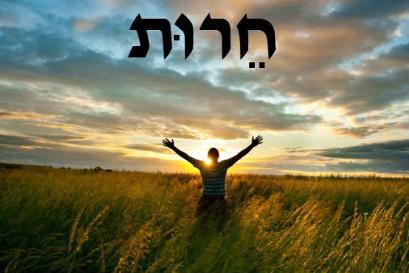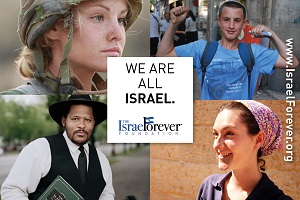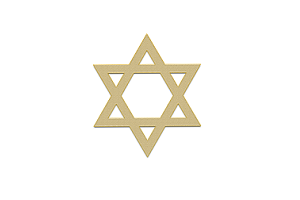The Individuality of Identity
By Manon Dean
I am connected to Israel in a way which many of my peers would not understand. As someone who has grown up within a Jewish community, studied at a Jewish primary and secondary school, and is a member of the committee of my university Jewish Society, Israel plays a central role in my life and in my identity. But I am continuously aware of how this isn’t true for others, perhaps even those who did grow up with Jewish experiences as I did.
A beautiful country with so much to explore, it is also the hub of Jewish culture and religion which cannot be replicated elsewhere in the world. Its history is rich and diverse, and it was only in this small sliver of land that we could truly demonstrate the birth and expression of Jewish freedom.
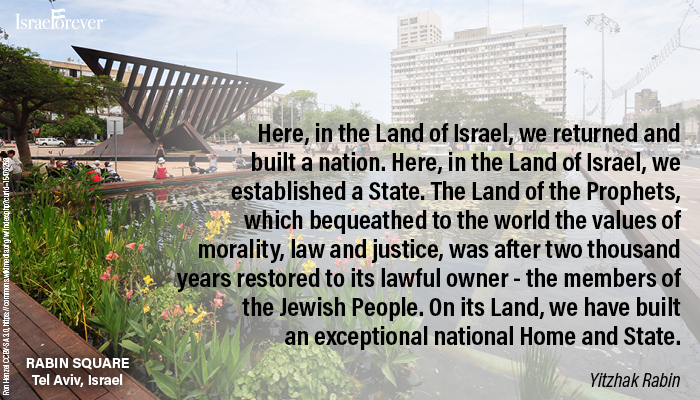
And yet, in the modern day, many Jewish people find it difficult to connect to their Jewish identity in connection to Israel. The distance, the negative media about the country and its politics, and the general acceptance of mistruths about its society create obstacles from feeling capable of relating to, or even accepting, the Jewish state.
In spite of these challenges, it is important for individuals to be able to separate their individual Jewish identity from how they understand Israel and the circumstances of Israel’s society, politics and the need for defence over events they have no control over, and often cannot understand.
Many have emphasised that Israel is a state for all Jews, in the past, present and in the future, and therefore a person’s identity in relation to Israel is their Jewish identity. As a result, young Jews in this generation must separate themselves from external negative rhetoric which could change the path of their development of their Jewish identity.
Shifting understanding about Israel toward the values for which it stands and the truths behind the distortions requires learning more deeply about the history of Israel that preceded the current critical narrative.
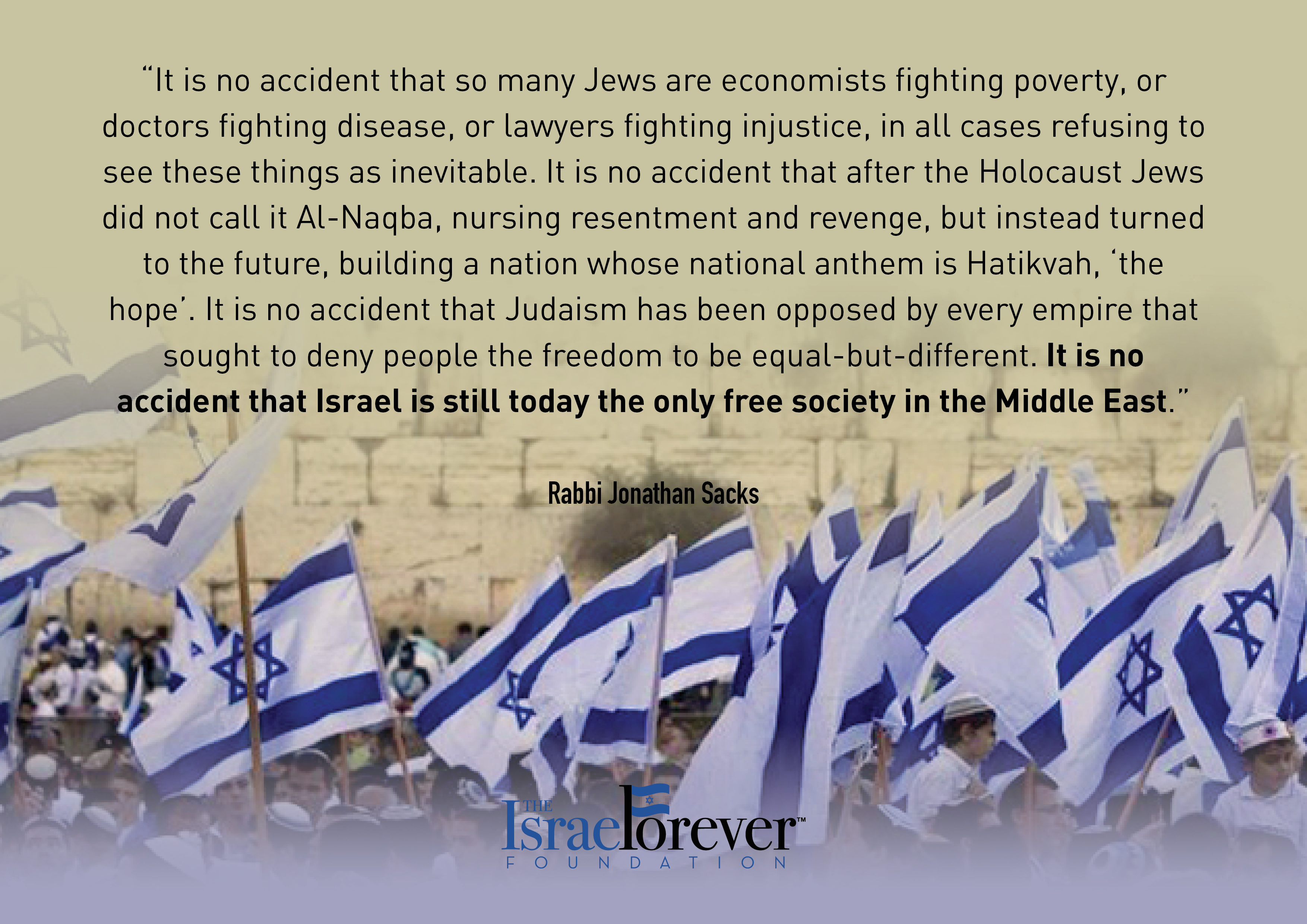
Learning the facts enables us to counter outside perspectives attempting to negate our ancient and historical attachment to the land. And learning to accept ourselves as a nation, that Israel is more than just fodder for political debates and bias, allows us to feel a sense of communal belonging no matter where we might live.
I have been fortunate enough to visit Israel many times in my life for different occasions, which have allowed me to connect to Israel in my own way, such as my brother’s Bar Mitzvah when I was 7 years old, and trips with school/youth groups later on. These trips have provided me with new interests in Israel, such as the food, culture, as well as religious interests as I have grown older.
Although I have enjoyed these trips, I have recognised both in myself and others that there is often an expectation to feel or act a certain way when in Israel, which in many cases not everyone is able to adhere to. For example, when I visited the Kotel on a school trip, I thought I lacked a spiritual connection because I did not cry. In hindsight I have realised that each individual’s connection to G-d and to religion varies, and that crying did not mean that I lacked a spiritual link, but rather that my connection, just like my faith, is unique to me.
From this, I have learned how important it is for all of us to understand - especially people who believe they have no connection as a Jew - that we must not compare or judge levels of religiousness or observance, or the strength, source or uncertainty of another's identity. Each person’s relationship as a member of our nation, our people of Israel, is unique, and we should embrace it as such as much as we can without allowing any outsider to diminish the beautiful truths about Israel or Jews.
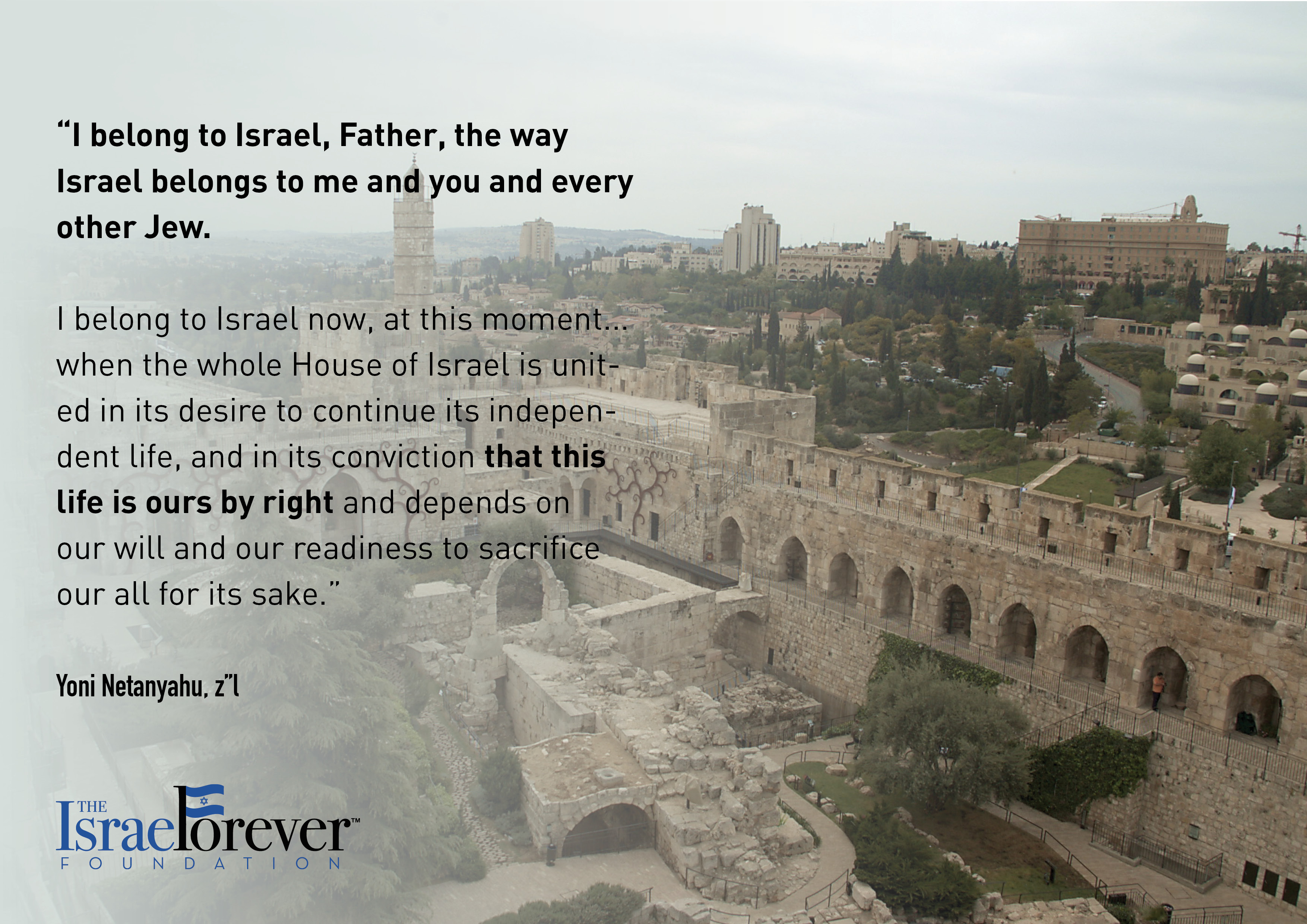
By seeking out what it means to be a part of this ancient people, we can discover a deeper appreciation for the existence of the modern Jewish state of Israel. By connecting with the land, the people, the stories, and becoming familiar with music, culture, food, and history, those throughout the Jewish diaspora will become inspired to explore their Jewish identity and their connection to Israel in their own unique manner.
As a result, more young people can be empowered to play a vital role in keeping the values of Israel alive and present within the lives of so many across the globe.

